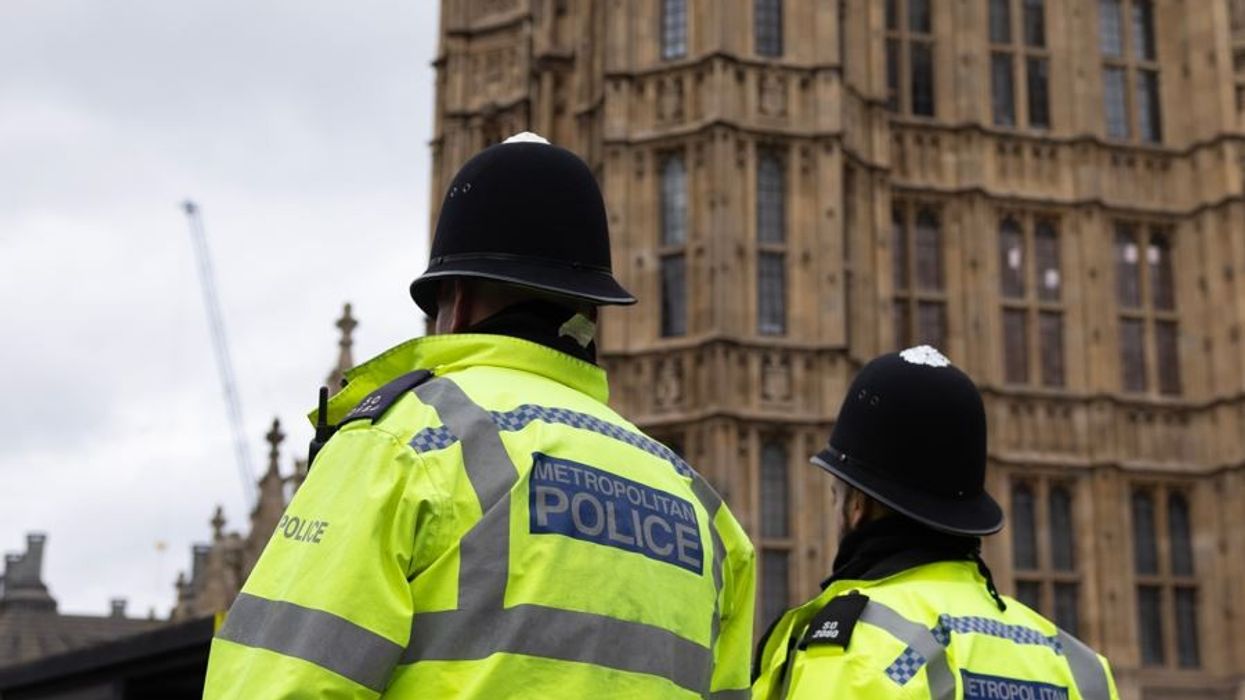TEN black and ethnic minority officers have informed the BBC that instances of racism are worsening within Britain’s largest police force.
They claimed that the situation within the Metropolitan Police has deteriorated, with inadequate penalties for racist behaviour and insufficient measures to address systemic issues.
A black officer has criticised the force for its handling of racism, describing a culture where he felt "treated like an animal" by some colleagues.
He noted that while incidents of racism, such as derogatory comments about ethnic minority officers, may result in a "learning through reflection" session, this approach fails to convey a strong stance against such behaviour.
“You make fun of a black person’s hair and you’re sent on what they call 'learning through reflection', which is where you talk through the incident and they tell you what you should have done," he told BBC.
“It’s not exactly a harsh penalty for racist comments and doesn’t send a ‘no tolerance’ message.”
One South Asian officer recounted being asked about the smell of onions, with the implication that it was due to a curry scent. The officer described the situation as an example of the difficulties faced due to such derogatory comments.
The discontent within the force is echoed by other officers who report facing ridicule and microaggressions, such as comments on their appearance and culture. These experiences reflect a broader issue, as many within the Met allege that racism has become more entrenched rather than being addressed.
The officers criticised Met commissioner Sir Mark Rowley for failing to take sufficient action to address and eliminate discrimination within the force.
Assistant commissioner Pippa Mills, responsible for trust and legitimacy at the Met, expressed her deep regret upon hearing these accounts, acknowledging the seriousness of the complaints.
A spokesperson for the Met said that the force is profoundly concerned and committed to addressing these issues, recognising that past efforts have not been sufficient.
The criticisms come less than two years after a critical report by Baroness Louise Casey highlighted the Met Police's institutional racism, misogyny, and homophobia.
Despite the Commissioner’s acceptance of the report’s findings, he has avoided the term "institutional racism", describing it as ambiguous. Recent comments from officers suggest that little progress has been made since the report, with some alleging that racism has worsened due to the lack of concrete actions.
Statistics from the National Police Chiefs’ Council (NPCC) reveal that ethnic minority officers are disproportionately targeted by misconduct allegations.
Meanwhile, the Met Police’s current recruitment campaign aims to address this issue by increasing diversity within the force. However, Officer A and others have dismissed these efforts as inadequate, describing the campaign as a superficial solution to deeper problems.
According to the BBC report, the officer has even advised minority groups against joining the force, citing ongoing discrimination and a toxic work environment.
The National Black Police Association (NBPA) recently withdrew its support from the national race action plan, citing concerns that the Met has not provided adequate resources for its local race action plan.
Andy George, president of the NBPA, said, “We believe that the working environment is toxic and the experiences and views of black and Asian people and civil society organisations are neither listened to nor valued. This is not an environment that the NBPA can endorse or be a part of."
He claimed that while the Met had facilitated participation in the national race action plan, it had allocated minimal resources to its own local race action plan.
George added, “We believe that this course of action is a deliberate attempt to control the activities within the national race action plan so that the MPS is not forced into making improvements in London.”
A spokesperson for the Met stated that the force is committed to enacting real changes to foster greater inclusivity. They acknowledged that while steps are being taken towards improvement, it will take time for staff to notice the effects.
“It is only when that happens that we will begin to rebuild the trust and confidence of these officers whose experiences of the Met have fallen so far short of what they have a right to expect," the spokesperson added.





